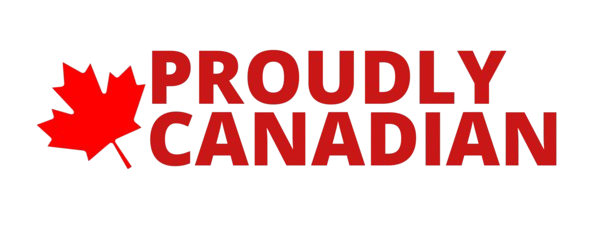The short answer is no. Tariffs should not significantly impact your renovation if everything is well planned. Understandably, in 2025, homeowners in Toronto could be concerned about higher renovation costs related to import tariffs imposed by the United States government on a wide variety of Canadian exports, as well as reciprocal tariffs from Canada on American imports. We are occasionally asked by homeowners what effect these tariffs will have on their home renovation plans. As a premium general contractor working in the Toronto area, it is important that we understand how these factors impact, if at all, renovation budgets, supply chain availability, and what materials could be affected. Regardless of possible price increases on some goods, D2 Build guarantees its estimates to clients, so homeowners can be assured of no changes in the renovation agreement due to tariffs.
Tariffs and Rising Renovation Costs
While trade between Canada and the United States includes building supplies, a significant percentage of both raw materials and manufacturing are produced in Canada, including steel (beams), aluminum (siding), and lumber (framing). And while US-made bathroom products from companies like American Standard, Kohler, and Gerber could see cost increases, makers including Delta and Moen are manufactured in both Canada and China.
With the understanding that tariffs could inevitably raise the cost of US-imported materials it uses, D2 Build is closely monitoring the cost of these products while also actively striving to use domestically-made goods wherever possible.
Supply Chain Disruptions Driving Delays
Tariffs coincide with global supply chain disruptions that can delay renovation projects and further increase costs. Even before the latest trade measures, supply chains were strained by the pandemic, shipping container shortages, and other factors. Now, tariffs and trade uncertainty could add more friction. Imported materials can take longer to arrive, and builders often have to navigate bottlenecks at ports and warehouses. Recent reports note that Ontario and Quebec warehouses have been “largely full,” causing backlogs in distribution networks. This congestion has contributed to shipping containers sitting at ports for nearly 6 days on average – almost twice as long as in 2019 and 41% longer than in 2021.
In practice, that means products like tiles or fixtures that once took a week to arrive might now take two or more, as goods queue for customs and transport.Such delays can throw off a construction schedule. If a critical item (say, imported kitchen cabinets or a lighting system) is held up, contractors may have to pause work or use temporary solutions. When imported products become more expensive, some builders scramble to order materials before tariffs take effect, causing sudden surges in demand that strain the supply chain.
Materials Affected by Tariffs (and Domestic Alternatives)
Not all renovation materials are equally impacted by tariffs. Here’s a snapshot of which materials can be affected.
Lumber: Canada produces significant amounts of lumber, allowing Toronto general contractors and homeowners to avoid direct tariffs. In fact the lumber prices may drop if shipments to the US decrease, causing over-supply domestically. The worst case scenario would be this leading to layoff at lumber mills, or complete closures for some companies.
Steel and Aluminum: Essential for structural beams, HVAC systems, appliances, and more, Canadian steel (from Hamilton) and aluminum (Quebec) producers could actually experience oversupply if shipments to the US decrease, putting downward pressure on prices; but tariffs not only on US imports, but also a 25% surtax placed by Canada on steel and aluminum imported from China could cause some supply constraints, and cost increases on certain products. Ensuring that we buy Canadian-made products, and using alternative materials like engineered timber or composites for non-essential steel applications can further reduce costs.
Finishing Materials (Tile, Glass, Flooring): Imported ceramic tiles, glass, hardwood flooring, and countertops from the US face increased costs from tariffs.
Domestic alternative: Canada offers high-quality options for stone countertops, tiles, and hardwood flooring. Choosing domestically sourced finishes eliminates tariff-related expenses and shortens lead times. Many products, particularly tile, can also be sourced from countries other than the US.
Heavily imported materials experience the highest tariff-related cost increases. Leveraging Canadian supply chains for lumber, metals, fixtures, and finishes can help homeowners control renovation costs and maintain timelines. Being flexible and working closely with informed contractors to identify domestic alternatives can yield significant savings.
Plan Ahead and Leverage Expert Help
Tariffs and supply chain disruptions have introduced new complexities to home renovation projects in Toronto. From rising material prices to unpredictable delivery timelines, general contractors and homeowners may need to navigate a more challenging landscape when budgeting and scheduling their renovations, just as we did immediately after the pandemic. The neutral fact is that these economic factors are outside any individual’s control – tariffs are set by governments, and global supply chains respond to myriad pressures. However, what homeowners can control is how they respond to these challenges. By staying informed about material costs, considering domestic alternatives, and building some flexibility into project plans, you can mitigate the impact on your renovation.
Now more than ever, it’s wise not to go it alone. Working with an experienced contractor is one of the best strategies to cope with tariffs and delays. A seasoned builder will understand the current market, help source cost-effective materials, and adjust project timelines proactively.
This is where D2 Build comes in. Our team at D2 Build has been closely tracking the fluctuations in material costs and the hiccups in supply chains. We leverage a network of Canadian suppliers to find quality materials that avoid heavy import fees and long wait times. We also lock in prices early whenever possible, insuring your project against sudden spikes in cost. Most importantly, we communicate transparently, so you’ll know upfront where potential challenges might lie and how we’ll tackle them.
Don’t let tariffs and supply issues derail your renovation dreams. With careful planning and the right partner, you can still create the home you envision without overspending or unnecessary delays. If you’re planning a renovation in the Toronto area, let D2 Build guide you through the process. Contact D2 Build today to discuss your project and learn how we can deliver a smooth, on-budget renovation despite the economic hurdles. Together, we’ll turn your renovation goals into reality, ensuring your investment adds value and comfort to your home for years to come.






